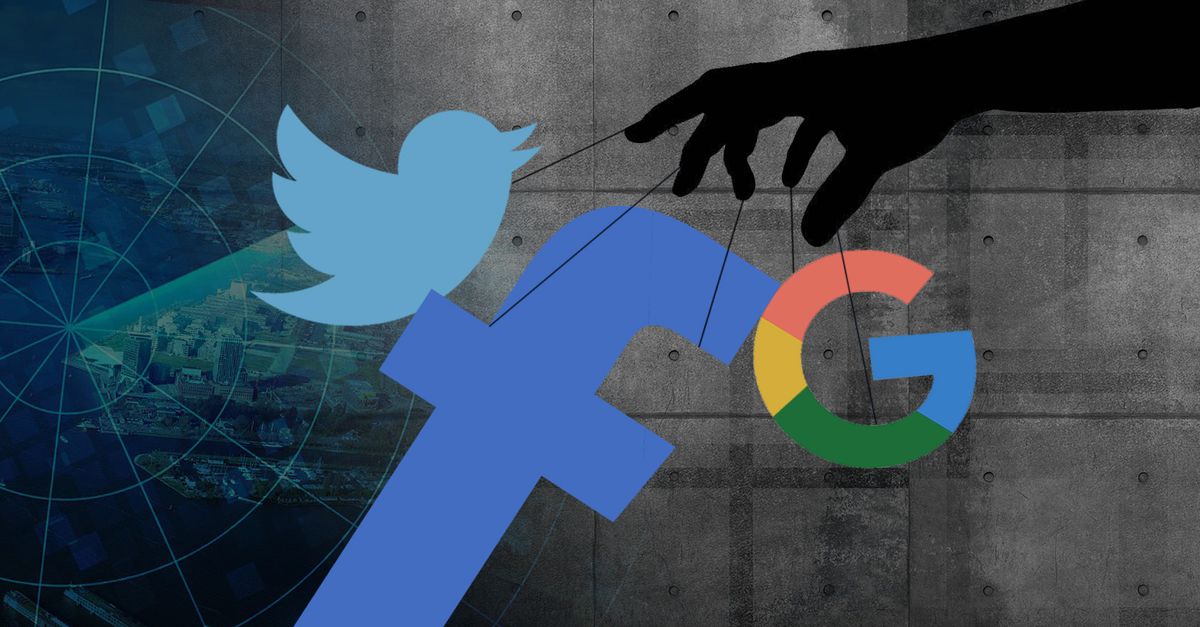Twitter removes accounts allegedly involved in Saudi Arabian disinformation campaign

A few minutes every morning is all you need.
Stay up to date on the world's Headlines and Human Stories. It's fun, it's factual, it's fluff-free.
Twitter announced on Friday, December 20 that it had suspended thousands of accounts allegedly linked to a state-sponsored disinformation campaign in Saudi Arabia. The social media network said it had blocked some 88,000 accounts. Twitter removed the accounts for being “involved in various forms of platform manipulation, targeting discussions related to Saudi Arabia and advancing their geopolitical interests on the world stage.”
Most of the blocked accounts were in Arabic and posted “amplifying messages favorable to Saudi authorities.” But Twitter also blocked some English language content aimed at “Western audiences.”
The accounts had attempted to spread pro-Saudi content through “aggressive liking, retweeting and replying.” Twitter reportedly traced the source of the accounts to a Saudi-based social media marketing firm called Smaat, despite already having blocked the company from the platform. Smaat is believed to have used a sophisticated automation system to “mask the overall platform manipulation originating from these accounts.” Twitter has announced that the marketing firm had been working alongside Saudi authorities and several high-profile individuals to spread disinformation on the platform.
History between Twitter and Saudi Arabia
The removal of these accounts is not the first time controversy has embroiled Twitter and the Kingdom of Saudi Arabia. A network of bots reportedly tweeted thousands of messages in support of the Saudi regime following the disappearance, and subsequent alleged murder, of journalist Jamal Khashoggi. Twitter removed the accounts after Josh Russell, a US technology specialist, alerted the social media site to the bots’ activity.
Furthermore, in November 2019, US federal prosecutors charged two former employees of Twitter of spying for Saudi Arabia.
What is disinformation?
Disinformation is false content spread with the desire to deceive and manipulate. Although the term itself originates from the Soviet Union, disinformation has bedeviled public discourse throughout history. The prevalence of social media in the digital age has amplified the issue, with companies like Facebook and Twitter under pressure to take action.
Disinformation can take many forms. It can be legitimate-looking news stories, tweets, Facebook or Instagram posts. According to the Washington Post, a new disinformation threat is the development of deepfakes. This technology allows computers to edit video or audio clips and put words in someone’s mouth.
A global issue
Saudi Arabia is not the only country to take part in state-sponsored disinformation. According to a report from the University of Oxford, over 70 countries – ranging from Vietnam to Ethiopia – have engaged in disinformation campaigns. The report indicates that Facebook is the most popular site for governments to spread disinformation.
Researchers have found that incidents of state-sponsored information are rising, despite increased efforts by social media platforms to combat the issue. Russia and China are reportedly “major players in the global disinformation order.” Other countries that have reportedly used social media to “influence global audiences” include India, Iran, Pakistan, Saudi Arabia and Venezuela.
Although disinformation is primarily associated with state-sponsored campaigns, both sides of the political divide use the tactic. A BBC Monitoring investigation in November 2018 found that both supporters and opponents of the Iranian government had spread malicious content on social media for political or financial gain.
How are social media companies responding?
After regulators scrutinized the practices of Facebook and Google, both companies now require political adverts in the United States and Europe to disclose who is behind them.
In October 2019, Twitter declared it would ban all political adverts on the platform. At the time of the announcement, Twitter’s CEO Jack Dorsey said certain political adverts had been spreading misleading information, which presented “challenges to civic discourse.” He added that “we believe political message reach should be earned, not bought.” Alongside the banning of political adverts, a Washington Post report revealed that in the first quarter of 2018, Twitter had removed up to 70 million fake and suspicious accounts.
Although social media sites are now attempting to curtail disinformation and automated bots, this hasn’t always been a priority. Juan Guzman, a researcher at University College London (UCL), said Twitter had neglected tackling automatic tweet generators for years. “Until recently, Twitter did not think bots were a problem on its platform and did not lead a strong bot-detection effort,” he told the BBC. “It was only after Brexit and the 2016 election, where these bots became a liability and Twitter, as well as Facebook, began taking them seriously.”
Experts also question the impact of efforts to stop the spread of disinformation on social media. Twitter suspended users in an attempt to hinder misinformation efforts ahead of the US midterm elections. The success of the suspension was negligible. Most banned users switched to other accounts and continued to spread false content.
Following Twitter’s criticism – which had included Russian disinformation and hate speech in Myanmar – Facebook announced plans to share data with researchers so they could study falsehoods on the site. However, according to reports, Facebook’s promise to share data never materialized. Despite the platform pledging “to help people better understand the broader impact of social media on democracy,” researchers told reporters they hadn’t received the promised data and could not conduct research.
Have a tip or story? Get in touch with our reporters at tips@themilsource.com




Comments ()